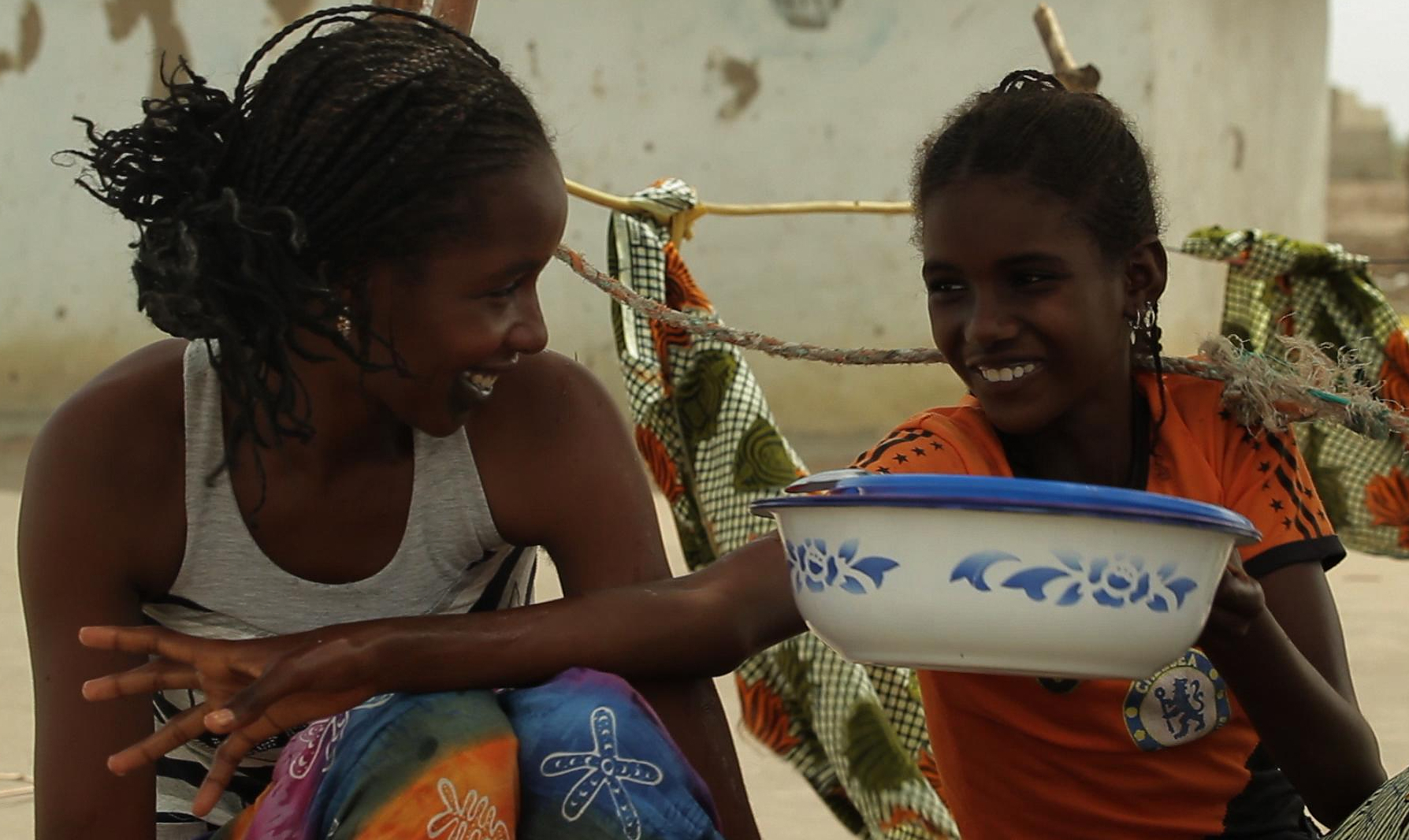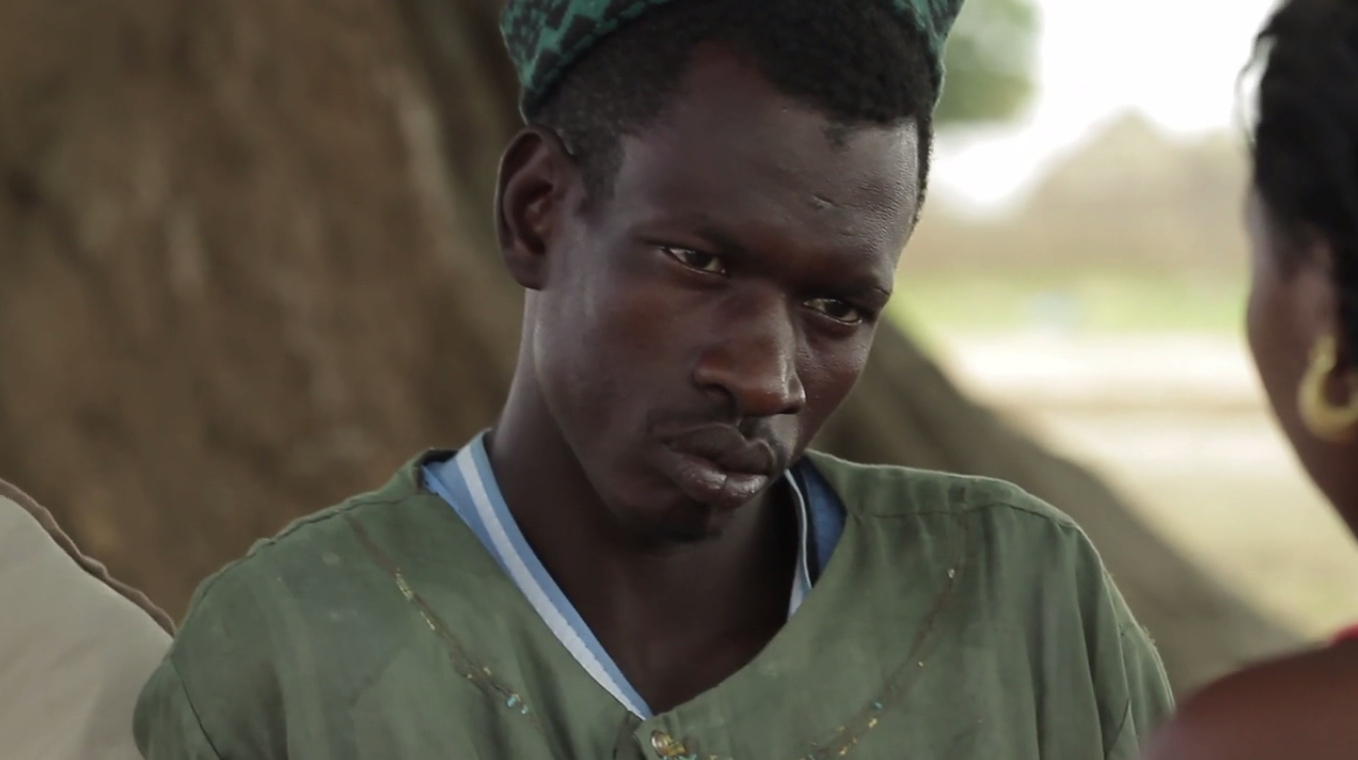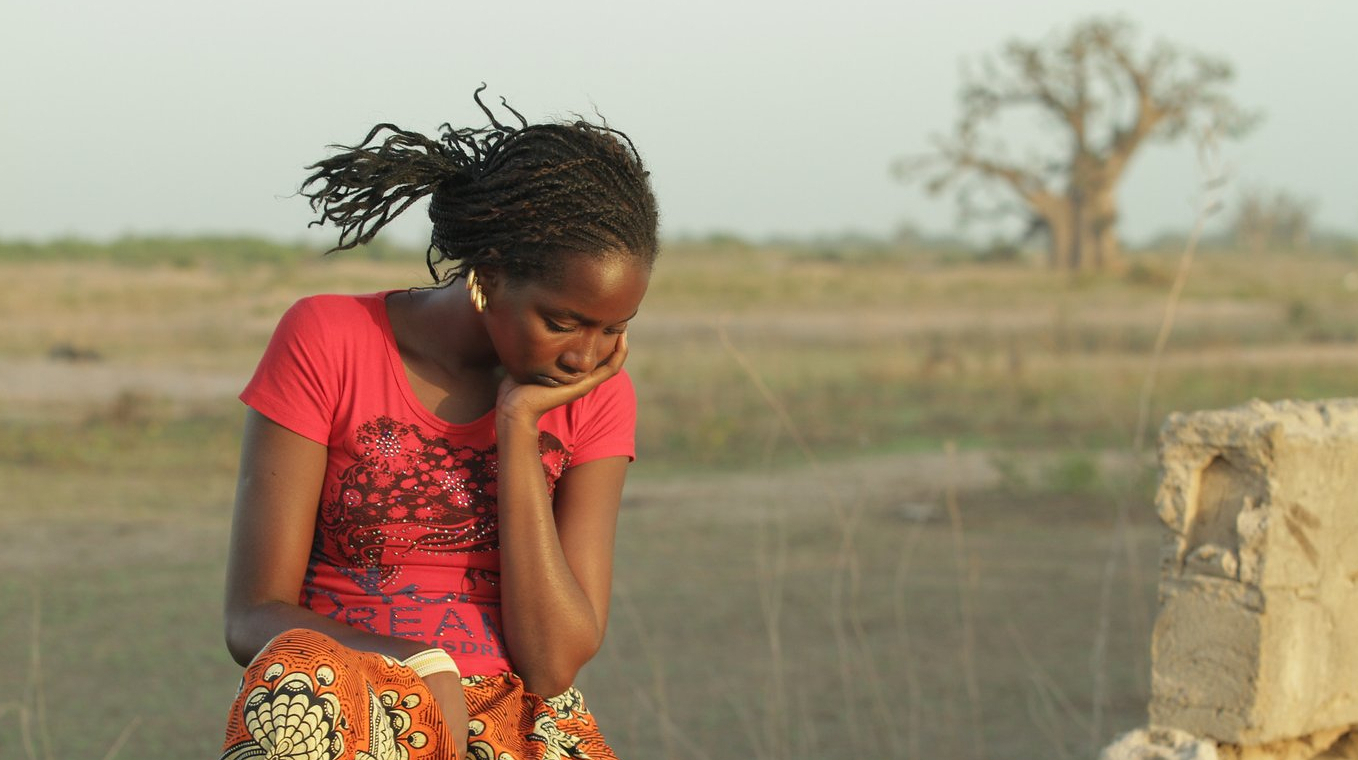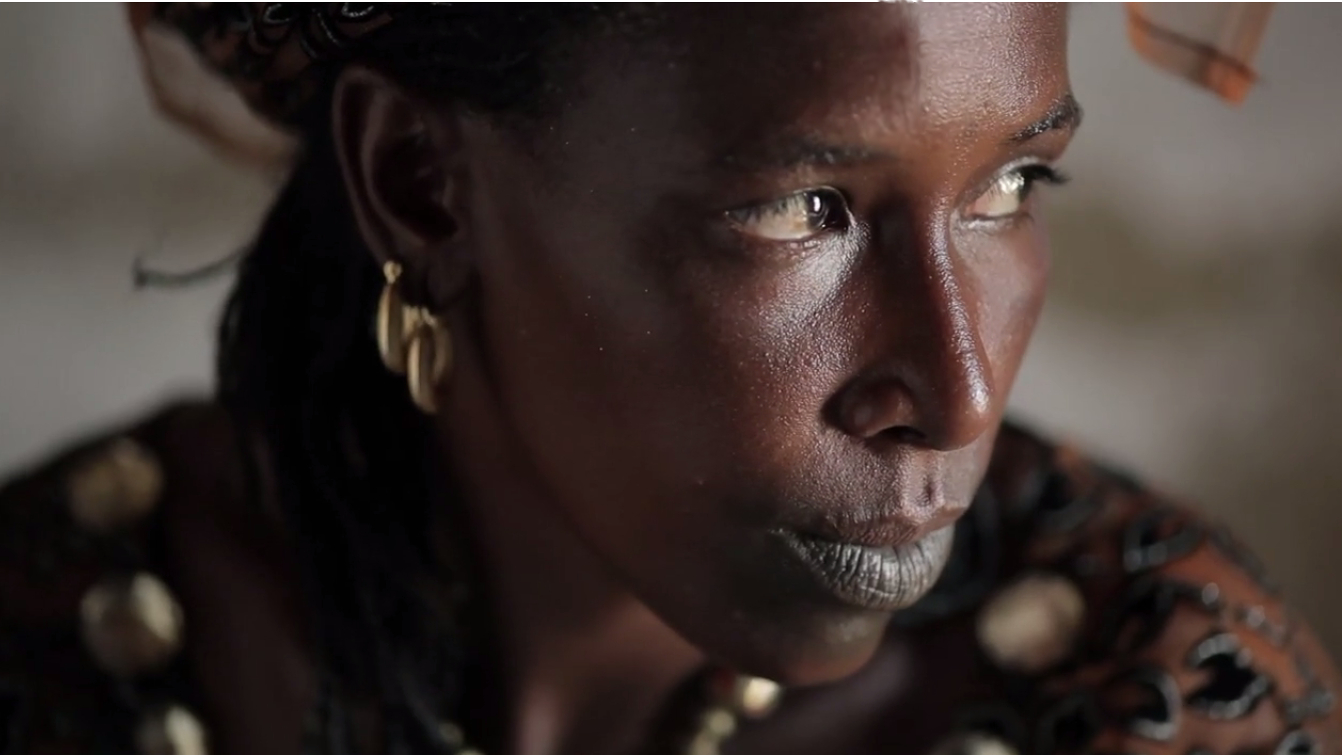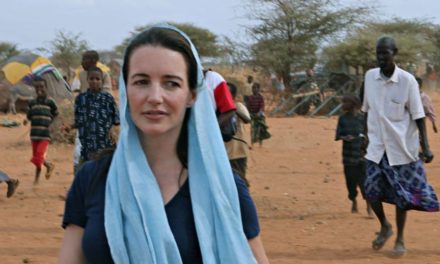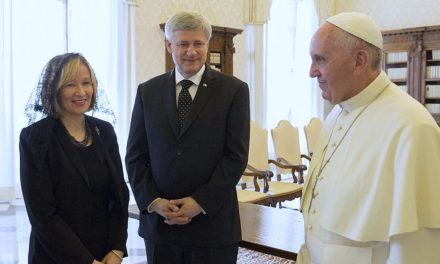Tall as the Baobab Tree: The Economics of Child Marriage
by Evelyn Reid
Originally published on About.com August 22, 2012
To many a Westerner, child marriage seems outrageous, unacceptable, a clear moral and ethical no no. The United Nations refers to the practice as a fundamental human rights violation. And just yesterday came word via The Telegraph that girls wed before the age of 10 in Iran have doubled in the span of a year.
But in other parts of the world, the issue of child marriage is not so cut and dry.
In the bigger picture of Sinthiou Mbadane, a small cluster of villages in Senegal located over 80 km southeast of the nation’s capital, Dakar, and 7 km away from the closest city, M’Bour, marrying off girls as young as age 8 is tradition. It’s culture, a way of life that’s persisted for generations, often a necessity to counter the sting of extreme poverty.
Tall as the Baobab Tree
a film by Jeremy Teicher
Twenty-four-year-old New York filmmaker Jeremy Teicher captures the essence of the practice in a remarkable film on the subject, Grand comme le Baobab, French for Tall as the Baobab Tree, a feature length fiction based on true events surrounding child marriage played out by actors who aren’t actually actors.
The cast is composed of villagers from Sinthiou Mbadane who, in the words of Teicher, “are on the absolute cusp of a new era… you have schools becoming a part of their lives for the first time in history.”
“[Tall as the Baobab Tree] speaks to their experience. And really? The only way that I felt to faithfully and powerfully capture the emotions of this special moment in time was through fiction because so often in documentaries, especially documentaries about Africa, you see that there’s a side being taken where it’s almost dogmatic, even close to propaganda, even if it’s for a very good cause. I wanted to 100% avoid that and simply show the reality in its all its deep complexity.”
-Jeremy Teicher
And those schools are changing the way some of the village youth view forced child marriage, notably Dior Ka, the lead character in and inspiration for Tall as the Baobab Tree. Teicher discovered her in his previous work, This Is Us, a 2011 student Academy Award-nominated documentary featuring the very same villagers filming themselves living their everyday lives. It was an opportunity to share their culture and lifestyle as seen through their eyes, as opposed to defaulting to the usual Western-influenced filters. The first child in her family to go to school, Ka made a short film sharing her belief that if girls were offered the choice, they would choose an education over early marriage.
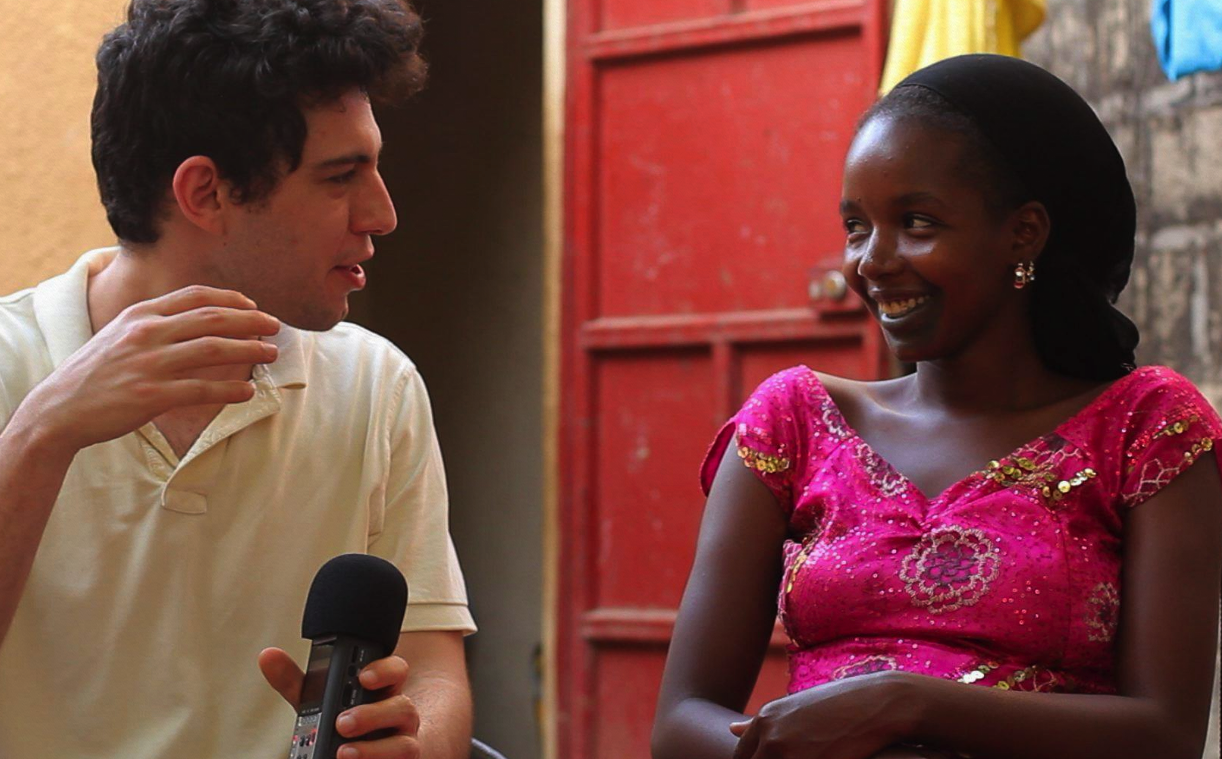
Above: Tall as the Baobab Tree director Jeremy Teicher with lead actor Dior Ka.
With the Montreal World Film Festival hosting Tall as the Baobab Tree’s international English premiere on August 28, 2012, a film in competition in the First Films World category, I had a chance to talk with Teicher about what went into avoiding the usual stereotypes and/or unintended sanctimony often associated with Africa-related issues presented on the big (and small) screen.
Notwithstanding how he managed to direct a group of inexperienced rookies to perform so convincingly, how did Teicher win over the exceptionally conservative Fulani tribe, convincing them to let the rest of the world peek inside their homes? How did the then 23-year-old persuade the Fulani to air out what amounts to a very personal cultural debate within their village, a historical turning point far more complex than meets the eye?
From the filmmaker: “Coumba and her little sister Debo are the first to leave their family’s remote African village, where meals are prepared over open fires and water is drawn from wells, to attend school in the bustling city. But when an accident suddenly threatens their family’s survival, their father decides to sell 11-year-old Debo into an arranged marriage. Torn between loyalty to her elders and her dreams for the future, Coumba hatches a secret plan to rescue her young sister from a fate she did not choose.”
Phone interview conducted August 22, 2012, prior to the international premiere of Grand comme le Baobab (i.e., Tall As the Baobab Tree), at the Montreal World Film Festival.
Evelyn Reid: Are you in Montreal yet?
Jeremy Teicher: No, I’m still in New York City. I’m heading to Montreal Friday and I’ll get in Saturday morning.
Evelyn Reid: Were you born and raised in New York?
Jeremy Teicher: I was born in New York City, raised in New Jersey, and now I live in New York City again.
Evelyn Reid: In Manhattan? Or are you in Brooklyn with the cool kids?
Jeremy Teicher: I just moved from Brooklyn to Manhattan so I’m less cool.
Evelyn Reid: [Laughter]. Okay. Well, Jeremy, I gotta tell you. I had a chance to see Tall as the Baobab Tree. I was sobbing.
Jeremy Teicher: Oh my gosh. Well thank you! I guess?
Evelyn Reid: For a group of actors who’ve never acted, who’ve never done anything like this before? They were stunningly convincing. In your documentary, This Is Us, some of performers in Tall As the Baobab Tree also appeared in that?
Jeremy Teicher: Yes. Anyone who was a teenager in Tall As the Baobab Tree was also in my documentary.
Evelyn Reid: And Tall As the Baobab Tree was inspired by the main character in it, Coumba (Dior Ka), the actress who stars as herself in This Is Us. In it, she talks about her problem with child brides. Can you tell me how a documentary composed of short clips filmed by rural Senegalese youth depicting their everyday life turned into a full-length feature fiction starring those same youth, people with no acting experience whatsoever?
Jeremy Teicher: When Dior Ka made that short documentary film, the story of arranged marriage, it really grabbed me creatively and I was inspired to continue working with them to make a film that not only talks about arranged marriage but talks about what the issue of arranged marriage points to, which is a real sweeping social change that’s going on in the village of Sinthiou Mbadane because you have schools becoming a part of their lives for the first time in history.
So the issue of arranged marriage is really, deeply tied into their culture. It’s just the way that life works. And now, some of them are starting to go to school and it’s really the end of a cultural era and the beginning of a new era. And this one generation, this one group of kids are on the absolute cusp of that change.
Grand Comme le Baobab speaks to their experience. And really? The only way that I felt to faithfully and powerfully capture the emotions of this special moment in time was through fiction because so often in documentaries, especially documentaries about Africa, you see that there’s a side being taken where it’s almost dogmatic, even close to propaganda, even if it’s for a very good cause. I wanted to 100% avoid that and simply show the reality in its all its deep complexity.
Evelyn Reid: And what were the stereotypes that you were actively avoiding, the ones you say Western media fall prey to? Could you give some examples? Folks, including myself, might not even realize they’re spreading stereotypes.
Jeremy Teicher: Well in the world of fiction—and you seem to have really done your homework which I really appreciate, because a lot of people confuse, think that Tall As the Baobab Tree is a documentary and I have to remind that no, it’s a dramatic fictional story—what you see in fiction in Africa… I’ve noticed it’s one of two things. Either the story is about violence and of course, when it’s being filmed, it’s made with the best of intentions but the films that most often make it into the mainstream are films that focus on violence or sensationalism, in a really sort of “othering” way.
Evelyn Reid: …suggesting that life in Africa is constant, pure chaos.
Jeremy Teicher: Well, filmmakers aren’t trying to distort anything necessarily but a lot of the stories that reach the mainstream catch people’s attention because they’re so wild, so violent, so very foreign, and it creates an “othering” effect.
“The Fulani people here are known as pastoral villagers and they’re very very proud. They also have a very conservative culture so the fact that Grand Comme le Baobab was even made is incredible…” -Jeremy Teicher
Evelyn Reid: Othering effect.
Jeremy Teicher: What I mean by that is you’re in the theatre watching [the film] but you don’t really personally identify with the people in the story. They’re separate from you.
Evelyn Reid: …whereas your film, Grand Comme le Baobab, it had me in tears, but not because I had to look away from a scene of extreme, unconscionable violence or chaos. There was nothing like that in the film anyway. I was sobbing because I felt a connection to Debo, the reality that an 11-year-old girl might be forced to give up her childhood. I felt an affinity to the main characters, like I belonged to their sisterhood and culture. And every fly swapped from a character’s cheek, seeing the family eat a meal together wiping fresh milk from the sides of their mouths … I felt like I was there, like I was experiencing what it’s really like to live in rural Senegal. There was no “othering” here.
Jeremy Teicher: That was my goal. And the same “othering” thing happens in documentary or fiction, whether it’s a commercial on TV asking you to donate money or that story about the Rwandan genocide. When you’re watching it, it’s very captivating but it might feel captivating in a fundamentally “othering” way. But if you ever have the opportunity to visit rural Africa, you’d see that, yes, there are significant challenges that people face but at the same time, they’re very proud of their culture and they live very rich lives. I think when you’re talking about social issues, you need to look at them within the wider context, the cultural context. What Grand Comme le Baobab does is it tells this moving, dramatic story but when you’re watching it, the goal is for you to really feel like you could be any one of these characters.
Evelyn Reid: I was reading a Christian Science Monitor article about your documentary This Is Us where Sarah Nehrling, the program coordinator of the Senegalese chapter of Cybersmart Africa, was saying that something as seemingly banal as a chicken running across a courtyard would provoke discussion in American classrooms.
Jeremy Teicher: I get emails from teachers telling me how they’ve used the documentary in their classroom or asking when the film will be available to view because I think there’s—and having worked with a lot of people in the field of education in Africa—there’s just not much content out there that really gives you the experience of what it’s actually like to be in a rural African village. Like, malaria commercials and ACME films really don’t do a good job.
Evelyn Reid: [Laughter]. And you’re obviously being very careful to take a gray approach to forced child marriage as opposed to a black and white, good or bad angle. So again, you’re cautious about stepping on cultural toes, that’s clear, but it appears as though the latest generation in Sinthiou Mbadane is passing judgment. They’re the ones taking a black or white stance on this age-old issue of marrying off girls between the ages of 8 and 12.
Jeremy Teicher: Yeah. They make it quite clear. I didn’t feel that it was my role, as a filmmaker, to put a twist on anything because that would enter, in my opinion, into the field of, I mean, I don’t want to say “propaganda.” It’s a little bit of an extreme word. But again, my goal was to tell a very moving story about family and love between two sisters but I felt the deeper, cultural meaning of the story would be lost if I took too much of a side.
Evelyn Reid: Now I’m wondering if there’s a gap, a great divide between children who are going to school and children who are not—it seems quite clear that children going to school do not want children ages 12 and under to get married. Are they at odds with children who are not in school?
Jeremy Teicher: I can give you an answer based on my personal experience, but also speaking from just this film, there’s this one scene where Amady, the boy who helps Coumba, is chatting with two boys who don’t go to school. They’re close. They’re friends. But there’s a difference. They’re all the same, they’re all part of the same culture, they all come from the same place but there is a cultural difference between them. In my personal experience, no one is passing too much judgment, one way or the other because they respect their tradition and at the same time, they understand and appreciate the value of going to school. It’s a very interesting cultural gray area and there’s no answer to your question, really, because this is the first time in their history that something like this has happened.
Evelyn Reid: I noticed the tattoo around Coumba’s lips. It looks like the Fulani. Is she and her village Fulani?
Jeremy Teicher: Actually, they are! Yes. And the language of the film is Pulaar, their Fulani language, in their local dialect, and it’s the first international feature film in this language. Nearly all of the dialogue is entirely in Pulaar.
Evelyn Reid: And the Fulani … they were an influential nomadic people that spread throughout Africa for over a thousand years. Before the advent of schools at the turn of the 21st century, did the Fulani in the film tend typically keep to themselves in their village, tending to stay away from the city in real life?
Jeremy Teicher: The Fulani people here are known as pastoral villagers and they’re very very proud. They also have a very conservative culture so the fact that Grand Comme le Baobab was even made is incredible, and it was only possible because I had been working in the village for a couple of years and the people there? I know them very well. They’re almost like a second family to me, which is why they gave me access. But they are typically a very conservative group, which is why integration into school is very hard for them. From a filmmaking perspective, it’s also incredible to have such a unique window into their lives because this film was filmed in its actual village with its actual people.
Evelyn Reid: Thank you for the time you’ve given me Jeremy. This is fabulous. And again, your film, I loved it. It really affected me.
Jeremy Teicher: Thank you so much. And really, this is a great interview! I really appreciate all the background info that you knew.
Tall as the Baobab Tree:
The Economics of
Child Marriage
by Evelyn Reid
Originally published on About.com August 22, 2012
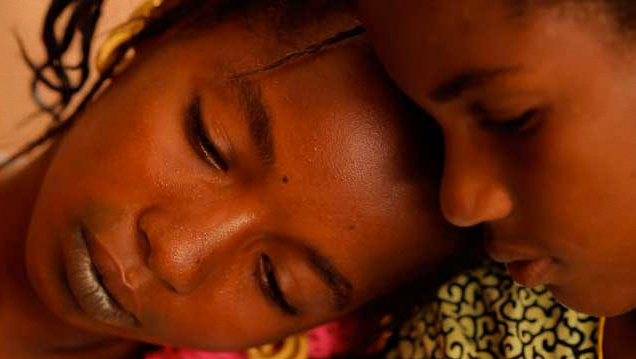
Photo courtesy of Jeremy Teicher
To many a Westerner, child marriage seems outrageous, unacceptable, a clear moral and ethical no no. The United Nations refers to the practice as a fundamental human rights violation. And just yesterday came word via The Telegraph that girls wed before the age of 10 in Iran have doubled in the span of a year.
But in other parts of the world, the issue of child marriage is not so cut and dry.
In the bigger picture of Sinthiou Mbadane, a small cluster of villages in Senegal located over 80 km southeast of the nation’s capital, Dakar, and 7 km away from the closest city, M’Bour, marrying off girls as young as age 8 is tradition. It’s culture, a way of life that’s persisted for generations, often a necessity to counter the sting of extreme poverty.
Twenty-four-year-old New York filmmaker Jeremy Teicher captures the essence of the practice in a remarkable film on the subject, Grand comme le Baobab, French for Tall as the Baobab Tree, a feature length fiction based on true events surrounding child marriage played out by actors who aren’t actually actors.
The cast is composed of villagers from Sinthiou Mbadane who, in the words of Teicher, “are on the absolute cusp of a new era… you have schools becoming a part of their lives for the first time in history.”

Above: Tall as the Baobab Tree director Jeremy Teicher with lead actor Dior Ka.
“[Tall as the Baobab Tree] speaks to their experience. And really? The only way that I felt to faithfully and powerfully capture the emotions of this special moment in time was through fiction because so often in documentaries, especially documentaries about Africa, you see that there’s a side being taken where it’s almost dogmatic, even close to propaganda, even if it’s for a very good cause. I wanted to 100% avoid that and simply show the reality in its all its deep complexity.”
-Jeremy Teicher
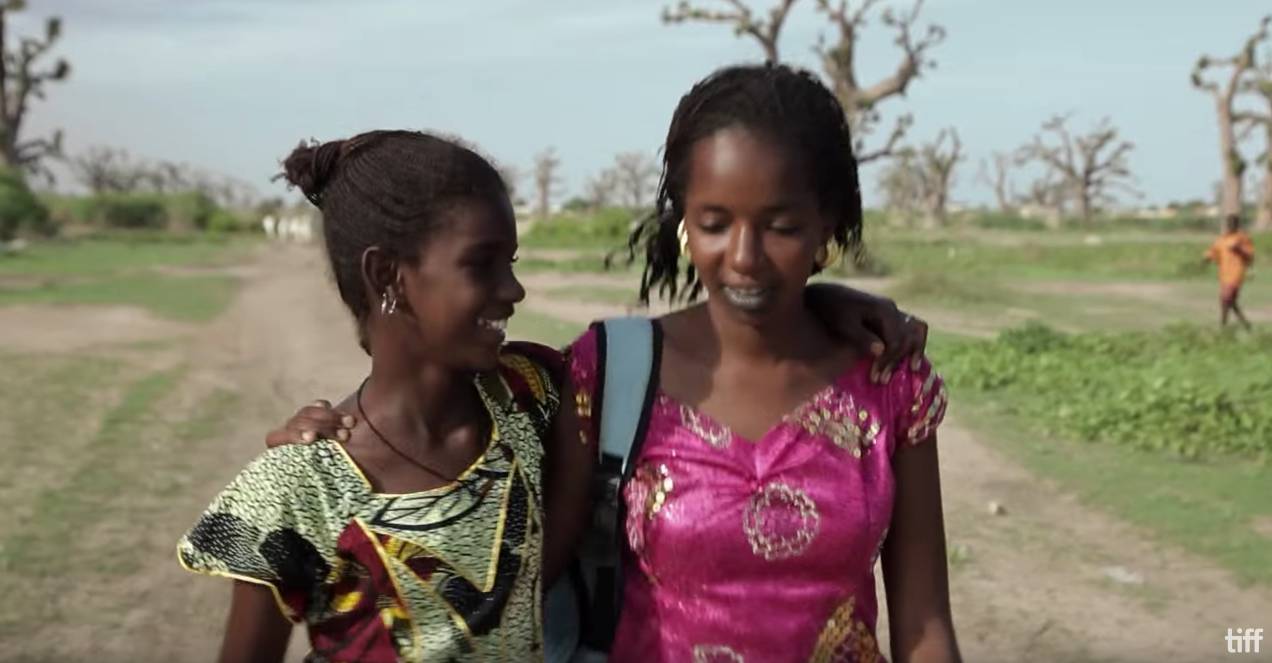
Photo courtesy of Jeremy Teicher
And those schools are changing the way some of the village youth view forced child marriage, notably Dior Ka, the lead character in and inspiration for Tall as the Baobab Tree.
Teicher discovered her in his previous work, This Is Us, a 2011 student Academy Award-nominated documentary featuring the very same villagers filming themselves living their everyday lives.
It was an opportunity to share their culture and lifestyle as seen through their eyes, as opposed to defaulting to the usual Western-influenced filters. The first child in her family to go to school, Ka made a short film sharing her belief that if girls were offered the choice, they would choose an education over early marriage.
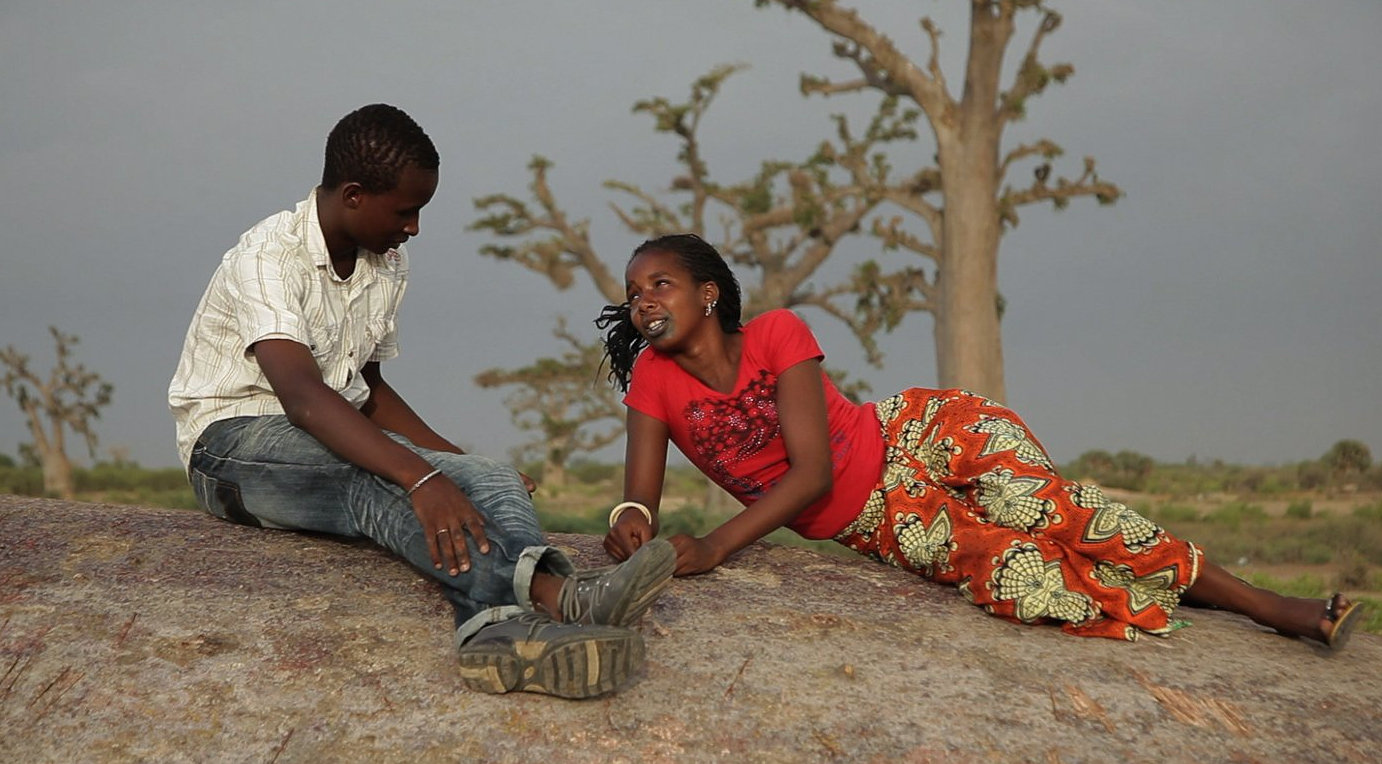
Photo courtesy of Jeremy Teicher
With the Montreal World Film Festival hosting Tall as the Baobab Tree’s international English premiere on August 28, 2012, a film in competition in the First Films World category, I had a chance to talk with Teicher about what went into avoiding the usual stereotypes and/or unintended sanctimony often associated with Africa-related issues presented on the big (and small) screen.
Notwithstanding how he managed to direct a group of inexperienced rookies to perform so convincingly, how did Teicher win over the exceptionally conservative Fulani tribe, convincing them to let the rest of the world peek inside their homes? How did the then 23-year-old persuade the Fulani to air out what amounts to a very personal cultural debate within their village, a historical turning point far more complex than meets the eye?
From the filmmaker: “Coumba and her little sister Debo are the first to leave their family’s remote African village, where meals are prepared over open fires and water is drawn from wells, to attend school in the bustling city. But when an accident suddenly threatens their family’s survival, their father decides to sell 11-year-old Debo into an arranged marriage. Torn between loyalty to her elders and her dreams for the future, Coumba hatches a secret plan to rescue her young sister from a fate she did not choose.”
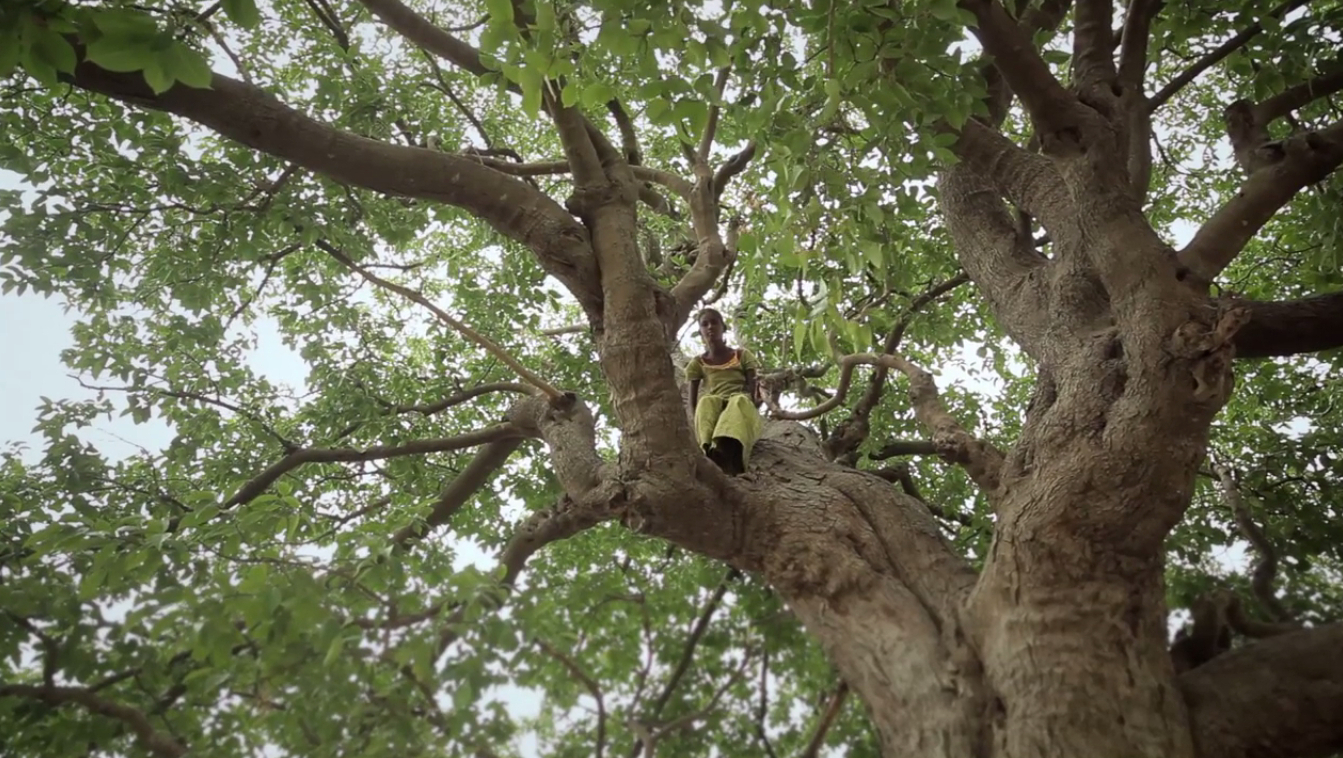
Photo courtesy of Jeremy Teicher
Phone interview conducted August 22, 2012, prior to the international premiere of Grand comme le Baobab (i.e., Tall As the Baobab Tree), at the Montreal World Film Festival.
Evelyn Reid: Are you in Montreal yet?
Jeremy Teicher: No, I’m still in New York City. I’m heading to Montreal Friday and I’ll get in Saturday morning.
Evelyn Reid: Were you born and raised in New York?
Jeremy Teicher: I was born in New York City, raised in New Jersey, and now I live in New York City again.
Evelyn Reid: In Manhattan? Or are you in Brooklyn with the cool kids?
Jeremy Teicher: I just moved from Brooklyn to Manhattan so I’m less cool.
Evelyn Reid: [Laughter]. Okay. Well, Jeremy, I gotta tell you. I had a chance to see Tall as the Baobab Tree. I was sobbing.
Jeremy Teicher: Oh my gosh. Well thank you! I guess?
Evelyn Reid: For a group of actors who’ve never acted, who’ve never done anything like this before? They were stunningly convincing. In your documentary, This Is Us, some of performers in Tall As the Baobab Tree also appeared in that?
Jeremy Teicher: Yes. Anyone who was a teenager in Tall As the Baobab Tree was also in my documentary.
Evelyn Reid: And Tall As the Baobab Tree was inspired by the main character in it, Coumba (Dior Ka), the actress who stars as herself in This Is Us. In it, she talks about her problem with child brides. Can you tell me how a documentary composed of short clips filmed by rural Senegalese youth depicting their everyday life turned into a full-length feature fiction starring those same youth, people with no acting experience whatsoever?
Jeremy Teicher: When Dior Ka made that short documentary film, the story of arranged marriage, it really grabbed me creatively and I was inspired to continue working with them to make a film that not only talks about arranged marriage but talks about what the issue of arranged marriage points to, which is a real sweeping social change that’s going on in the village of Sinthiou Mbadane because you have schools becoming a part of their lives for the first time in history.
So the issue of arranged marriage is really, deeply tied into their culture. It’s just the way that life works. And now, some of them are starting to go to school and it’s really the end of a cultural era and the beginning of a new era. And this one generation, this one group of kids are on the absolute cusp of that change.
Grand Comme le Baobab speaks to their experience. And really? The only way that I felt to faithfully and powerfully capture the emotions of this special moment in time was through fiction because so often in documentaries, especially documentaries about Africa, you see that there’s a side being taken where it’s almost dogmatic, even close to propaganda, even if it’s for a very good cause. I wanted to 100% avoid that and simply show the reality in its all its deep complexity.
Evelyn Reid: And what were the stereotypes that you were actively avoiding, the ones you say Western media fall prey to? Could you give some examples? Folks, including myself, might not even realize they’re spreading stereotypes.
Jeremy Teicher: Well in the world of fiction—and you seem to have really done your homework which I really appreciate, because a lot of people confuse, think that Tall As the Baobab Tree is a documentary and I have to remind that no, it’s a dramatic fictional story—what you see in fiction in Africa… I’ve noticed it’s one of two things. Either the story is about violence and of course, when it’s being filmed, it’s made with the best of intentions but the films that most often make it into the mainstream are films that focus on violence or sensationalism, in a really sort of “othering” way.
Evelyn Reid: …suggesting that life in Africa is constant, pure chaos.
Jeremy Teicher: Well, filmmakers aren’t trying to distort anything necessarily but a lot of the stories that reach the mainstream catch people’s attention because they’re so wild, so violent, so very foreign, and it creates an “othering” effect.
“The Fulani people here are known as pastoral villagers and they’re very very proud. They also have a very conservative culture so the fact that Grand Comme le Baobab was even made is incredible…”
-Jeremy Teicher
Evelyn Reid: Othering effect.
Jeremy Teicher: What I mean by that is you’re in the theatre watching [the film] but you don’t really personally identify with the people in the story. They’re separate from you.
Evelyn Reid: …whereas your film, Grand Comme le Baobab, it had me in tears, but not because I had to look away from a scene of extreme, unconscionable violence or chaos. There was nothing like that in the film anyway. I was sobbing because I felt a connection to Debo, the reality that an 11-year-old girl might be forced to give up her childhood. I felt an affinity to the main characters, like I belonged to their sisterhood and culture. And every fly swapped from a character’s cheek, seeing the family eat a meal together wiping fresh milk from the sides of their mouths … I felt like I was there, like I was experiencing what it’s really like to live in rural Senegal. There was no “othering” here.
Jeremy Teicher: That was my goal. And the same “othering” thing happens in documentary or fiction, whether it’s a commercial on TV asking you to donate money or that story about the Rwandan genocide. When you’re watching it, it’s very captivating but it might feel captivating in a fundamentally “othering” way. But if you ever have the opportunity to visit rural Africa, you’d see that, yes, there are significant challenges that people face but at the same time, they’re very proud of their culture and they live very rich lives. I think when you’re talking about social issues, you need to look at them within the wider context, the cultural context. What Grand Comme le Baobab does is it tells this moving, dramatic story but when you’re watching it, the goal is for you to really feel like you could be any one of these characters.
Evelyn Reid: I was reading a Christian Science Monitor article about your documentary This Is Us where Sarah Nehrling, the program coordinator of the Senegalese chapter of Cybersmart Africa, was saying that something as seemingly banal as a chicken running across a courtyard would provoke discussion in American classrooms.
Jeremy Teicher: I get emails from teachers telling me how they’ve used the documentary in their classroom or asking when the film will be available to view because I think there’s—and having worked with a lot of people in the field of education in Africa—there’s just not much content out there that really gives you the experience of what it’s actually like to be in a rural African village. Like, malaria commercials and ACME films really don’t do a good job.
Evelyn Reid: [Laughter]. And you’re obviously being very careful to take a gray approach to forced child marriage as opposed to a black and white, good or bad angle. So again, you’re cautious about stepping on cultural toes, that’s clear, but it appears as though the latest generation in Sinthiou Mbadane is passing judgment. They’re the ones taking a black or white stance on this age-old issue of marrying off girls between the ages of 8 and 12.
Jeremy Teicher: Yeah. They make it quite clear. I didn’t feel that it was my role, as a filmmaker, to put a twist on anything because that would enter, in my opinion, into the field of, I mean, I don’t want to say “propaganda.” It’s a little bit of an extreme word. But again, my goal was to tell a very moving story about family and love between two sisters but I felt the deeper, cultural meaning of the story would be lost if I took too much of a side.
Evelyn Reid: Now I’m wondering if there’s a gap, a great divide between children who are going to school and children who are not—it seems quite clear that children going to school do not want children ages 12 and under to get married. Are they at odds with children who are not in school?
Jeremy Teicher: I can give you an answer based on my personal experience, but also speaking from just this film, there’s this one scene where Amady, the boy who helps Coumba, is chatting with two boys who don’t go to school. They’re close. They’re friends. But there’s a difference. They’re all the same, they’re all part of the same culture, they all come from the same place but there is a cultural difference between them. In my personal experience, no one is passing too much judgment, one way or the other because they respect their tradition and at the same time, they understand and appreciate the value of going to school. It’s a very interesting cultural gray area and there’s no answer to your question, really, because this is the first time in their history that something like this has happened.
Evelyn Reid: I noticed the tattoo around Coumba’s lips. It looks like the Fulani. Is she and her village Fulani?
Jeremy Teicher: Actually, they are! Yes. And the language of the film is Pulaar, their Fulani language, in their local dialect, and it’s the first international feature film in this language. Nearly all of the dialogue is entirely in Pulaar.
Evelyn Reid: And the Fulani … they were an influential nomadic people that spread throughout Africa for over a thousand years. Before the advent of schools at the turn of the 21st century, did the Fulani in the film tend typically keep to themselves in their village, tending to stay away from the city in real life?
Jeremy Teicher: The Fulani people here are known as pastoral villagers and they’re very very proud. They also have a very conservative culture so the fact that Grand Comme le Baobab was even made is incredible, and it was only possible because I had been working in the village for a couple of years and the people there? I know them very well. They’re almost like a second family to me, which is why they gave me access. But they are typically a very conservative group, which is why integration into school is very hard for them. From a filmmaking perspective, it’s also incredible to have such a unique window into their lives because this film was filmed in its actual village with its actual people.
Evelyn Reid: Thank you for the time you’ve given me Jeremy. This is fabulous. And again, your film, I loved it. It really affected me.
Jeremy Teicher: Thank you so much. And really, this is a great interview! I really appreciate all the background info that you knew.
